Argosy University Transfer and Teach-out Information
The APA Commission on Accreditation accredited 10 programs at Argosy University, all of which are no longer operational. In concert with regional accrediting bodies, state higher education authorizers and the U.S. Department of Education (among others), the APA is working to ensure that students impacted by Argosy's closure are able to receive quality education and training in health service psychology. A variety of potential receiving groups have been in contact with APA, and the following guidance is offered to facilitate mobility of Argosy students and faculty into receiving institutions and programs.
Programs that are currently APA-accredited and wish to accept Argosy transfer students
Several programs that are currently APA-accredited have expressed willingness and/or intent to accept transfer students and in some cases faculty and resources from Argosy programs. Currently accredited programs are encouraged to accept Argosy transfer students as their resources, training aims and ongoing ability to comply with the Standards of Accreditation (SoA) allow. The CoA understands and supports that accredited programs may modify their transfer policies and procedures in order to accommodate Argosy transfer students.
Accredited programs wishing to accept Argosy transfer students are encouraged to begin doing so as soon as they determine it appropriate. These programs are asked to identify themselves by contacting the Office of Program Consultation and Accreditation to be added to a public list of receiving programs. Receiving programs will be required to submit responses to a series of items outlining transfer details and ongoing compliance with the SoA. These responses will be reviewed by the CoA and additional information requested on an as-needed basis. Receiving programs do not have to submit responses before beginning to accept transfer students. Responses must be submitted as soon as possible but no later than three (3) months after admitting former Argosy students.
Institutions that do not currently have APA-accredited programs offering teach-out/transfer/acquisition opportunities for Argosy programs
Some institutions without existing APA-accredited programs have offered to receive and teach out Argosy programs either in-part or in their entirety. Such institutions are asked to identify themselves by contacting the Office of Program Consultation and Accreditation. These institutions will be asked to submit proposals along with responses to a series of items outlining teach-out details and the institutional ability to provide an education and training experience that is consistent with the SoA. These materials will be reviewed by the CoA and additional information requested on an as-needed basis. The CoA plans to complete this review so that institutions facilitating teach-out will be able to do so beginning in the Summer 2019 semester. Materials should be submitted no more than three (3) months after the institution adopts the former Argosy program but can be submitted as soon as they are available.
Review and approval by the CoA of these proposals for temporary teach-out accreditation (in concert with all other appropriate authorities) will seek to create a pathway for Argosy students to complete education and training and will not apply to other students or programs. Temporary teach-out accreditation will not confer accreditation from the Argosy program onto the receiving program beyond the point at which Argosy students complete their education. Should the teach-out institution wish to accept new students into a program created as a function of the teach-out, it must separately apply for accreditation following the typical policies and procedures. Any new students who do not come from former Argosy programs would be matriculating into non-accredited programs.
The CoA will review and provide feedback on the notices and responses it receives in accordance with its scope and authority as a programmatic accreditor. All materials will be reviewed and evaluated based on their consistency with the SoA. The CoA does not manage or control programs, their resources, financial status or ability to function. The CoA does not have authority over the decisions of programs, institutions or any other regulatory or governmental agency. Neither the CoA nor the APA has the authority to approve exclusive transfer or teach-out arrangements. The CoA cannot set up transfers or approve the movement of a student or program from one institution to another.
The Office of Program Consultation and Accreditation is available to assist as programs prepare materials for submission and review. Due to a high volume of consultation requests related to teach out and transfer, we encourage all parties to email the office to schedule a return phone call. The office may be reached directly by phone at (202) 336-5979. Argosy students and others with questions not pertaining to accreditation status of a program should email or call (202) 336-6014.
Argosy University FAQ
APA is deeply concerned about Argosy's closure on students, faculty, staff and alumni. We developed this page in response to the most frequent questions we are receiving and in an earnest attempt to support members of our community within our powers.
We will update this page as frequently as new information emerges.
This page was last updated on June 5, 2019, at 12 p.m. ET. The latest update includes information under questions about accredited transfer programs and APA advocacy for international students. Other recent updates included information about transcripts, federal loan discharge, applicants to Argosy programs and licensure implications for future psychologists.
